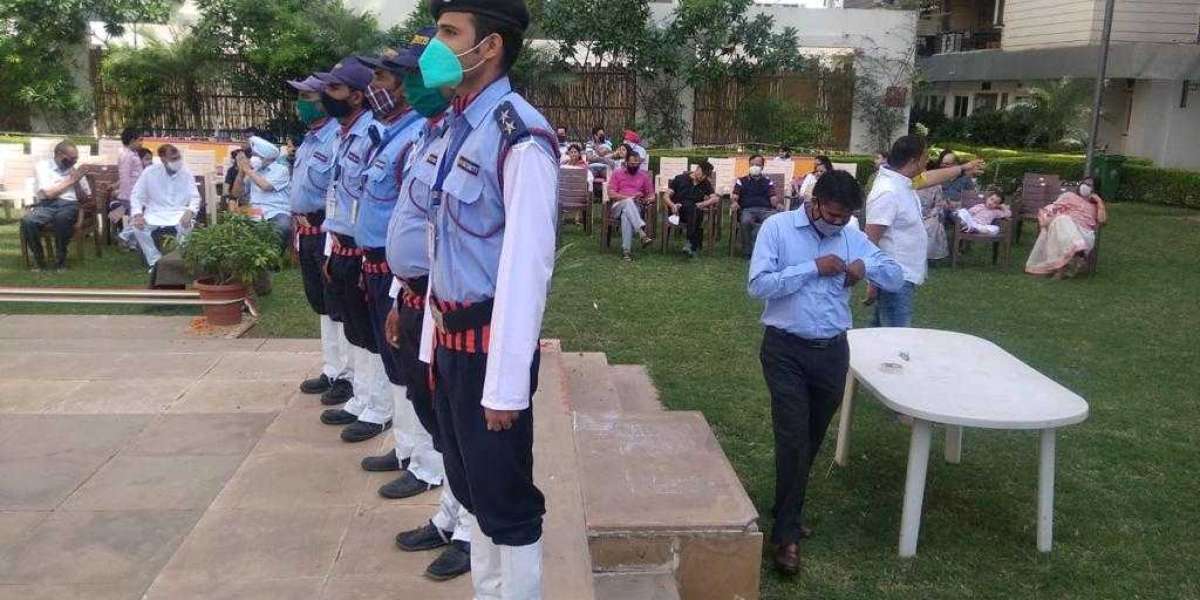Introduction:
In the summer of 1972, the world turned its attention to Munich, Germany, as athletes from around the globe gathered for the XX Olympiad. This event was meant to showcase unity, peace, and the pinnacle of athletic prowess, but it would forever be marred by an unthinkable act of violence. Known as the Munich Massacre, it stands as a stark reminder of the fragile nature of security in today's world and an unforgiving tragedy that unfolded against the backdrop of Olympic glory.
Description:
The Munich Massacre unfolded during the early hours of September 5, 1972. A group of eight Palestinian terrorists, belonging to the infamous Black September organization, infiltrated the Olympic Village, which was otherwise known as a sanctuary for athletes to connect, share experiences and celebrate their sporting achievements. Armed with guns, grenades, and bound by a shared sinister mission, these terrorists sought to exploit the Olympic Games' global spotlight to demand the release of 234 Palestinian prisoners held in Israeli jails.
Their targets were members of the Israeli Olympic team, whom they believed were representative of their political opponents. In the assault that followed, the terrorists stormed the apartments of the Israeli delegation, where athletes and coaches were resting after days of intense competition. Two Israeli team members were killed instantly, while nine others were taken hostage amidst the chaos.
The following 18 hours plunged the world into a tense and emotional rollercoaster. Negotiations between the terrorists, German authorities, Israeli ambassadors, and representatives from the International Olympic Committee (IOC) proved futile, as the captors' demands remained steadfast. The world watched in disbelief as news outlets broadcasted images of the hostages held at gunpoint, their lives hanging in the balance.
Attempting to rescue the hostages, German authorities devised a plan in the early hours of September 6th. However, the mission tragically fell apart when a fierce gun battle erupted at the Furstenfeldbruck Air Base, where the hostages and their captors were being held. In the ensuing chaos, all nine remaining hostages, five terrorists, and a German police officer lost their lives. It was a devastating outcome that shattered the hopes of an Olympics that was supposed to embody unity and peace.
Although the Games continued following a 34-hour suspension, the joyful atmosphere was irreversibly tainted. The Munich Massacre marked a turning point in the history of Olympic security, prompting a paradigm shift in how host countries approach safeguarding athletes and spectators. Today, stringent security measures are an integral part of Olympic Games, a bittersweet reminder of the tragic events that unfolded in 1972.
Conclusion:
The Munich Massacre was an event that forever etched itself into the annals of Olympic history, leaving an indelible mark of tragedy and loss. This dark chapter serves as a poignant reminder of the fragile nature of international sporting events and the need for enhanced security measures to safeguard the spirit of unity and peace that the Olympics strive to uphold.








